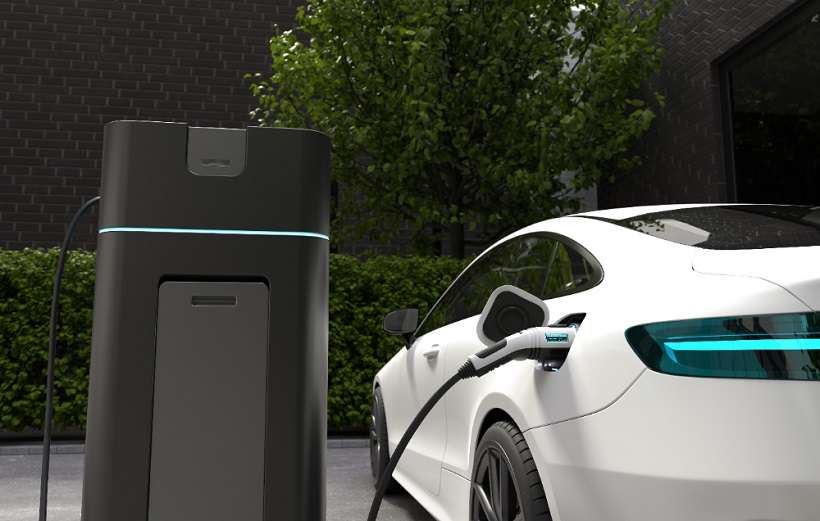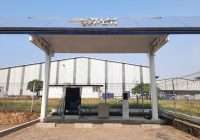In today’s modern era, electric cars are becoming increasingly popular as an eco-friendly alternative to fossil fuel vehicles. However, many people still find it confusing to understand how electric car chargers work. This article will briefly discuss the charging process for electric cars and how their efficiency functions.
An electric car charger is a device used to charge the battery of an electric vehicle. Think of this charger like a gas pump; instead of filling a fuel tank, it fills the battery of an electric car. As the number of electric cars on the road increases, understanding how these chargers work becomes essential.
How Do Electric Car Chargers Work?
The charging process begins when the vehicle connects to the charger. The charger transfers electricity from the power source to the car’s battery. There are several types of chargers available:
1. Home Charger
Today, home chargers are typically installed in garages or private parking areas. This charger allows owners to charge their vehicles at home, similar to charging a phone overnight. By using a home charger, drivers can charge their cars during inactive hours, ensuring the vehicle is ready for use the next day.
2. Public Charger
Public chargers are now available in various locations, such as shopping centers and charging stations. These chargers usually have higher power levels, allowing for faster charging. This feature is especially useful for drivers on long trips who need quick charging.
Charging Process
Once the car connects to the charger, the charging process begins. The charger sends electrical current to the battery. This process involves several steps:
- Connection Detection: The charger checks if the car is properly connected.
- Power Adjustment: The charger adjusts the power sent to the battery to prevent damage.
- Charging: After all settings are complete, the charger starts flowing electricity to the battery.
Why Is Efficiency Important?
Efficiency in charging is crucial to ensure that the electric car’s battery charges quickly and safely. An efficient charger not only saves time but also helps extend the battery’s lifespan. Imagine if every charging session took hours; this would be very inconvenient for drivers.
Factors Affecting Charging Speed
Several factors can influence the charging speed of electric cars, including:
- Charger Type: Chargers are categorized based on the power they can supply, such as Level 1, Level 2, and DC Fast Charging.
- Battery Capacity: Batteries with larger capacities take longer to charge fully.
- Weather Conditions: Extreme temperatures can affect the performance of both the battery and the charger.
Electric car chargers play a vital role in ensuring electric vehicles function properly. By understanding how these chargers work, drivers can better utilize this technology. For those seeking a better charging experience, consider using B&D Transformer. Contact us, if you are interested in EVCS (Electric Vehicle Charging Station) products. It is hoped that more people will switch to electric vehicles and contribute to a cleaner environment.







